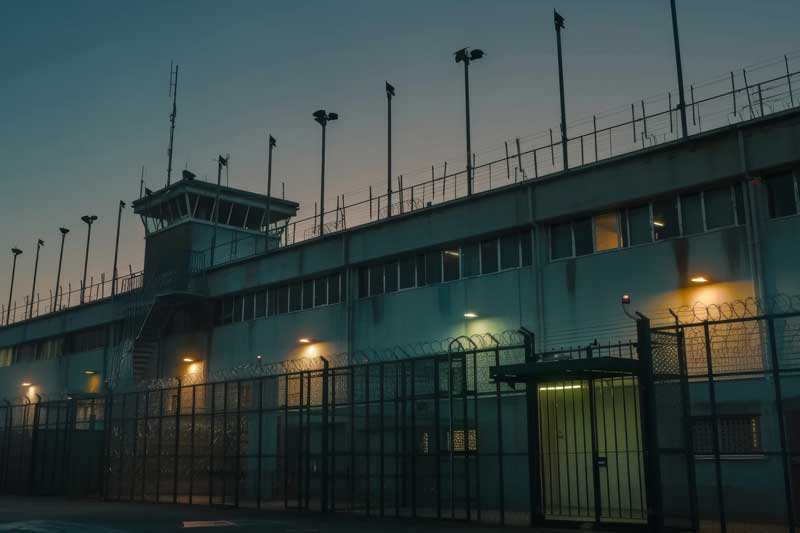
Oklahoma should overhaul how private correctional facilities are selected, operated
Recently, Gov. Kevin Stitt questioned the performance of correctional facilities operated by GEO Group, a multibillion-dollar private company that owns and manages prisons across the United States. Nationwide, private prisons have failed to make a compelling case that they are better or even cheaper than public alternatives, and a growing number of states, such as Arizona and Idaho, have canceled some of their contracts.
However, entirely eliminating private prisons is both a financial and practical mistake. New Mexico, for example, is now on the hook for hundreds of millions of dollars in rent payments after its Department of Corrections took over a private prison. And generally, government-operated prisons have many of the same problems as private prisons.
Instead, states like Oklahoma should take the opportunity to overhaul how private correctional facilities are selected, operated and funded. It is understandable that policymakers are increasingly skeptical of their deals with Oklahoma’s private prisons, but it’s in the state’s best interest to improve them than to scrap them entirely.
Oklahoma’s private prison landscape has changed considerably over the last few years. The state’s contract with CoreCivic to operate North Fork Correctional Facility lapsed in 2015, followed by their contract for Davis Correctional Facility last year. The state’s remaining contract with GEO Group to operate Lawton Correctional Facility nearly lapsed on June 30, but state officials agreed to a one-year extension mere days before the deadline. Oklahoma’s private prison industry is hanging on by a thread, and unless there are meaningful changes to how the state does business with these companies, the future of the industry seems grim.
This inflection point offers the state a chance to address some of the largest problems in the structure of the private prison industry without forfeiting the potential benefits of the private sector and free market.
First, an oligopoly of companies dominates the private prison industry: GEO Group, CoreCivic and MTC. These three companies have consolidated considerably over the last few decades, and each now enjoys a powerful market share. The result has been a dramatic decrease in competition and weakened negotiating positions for states like Oklahoma.
State policies also played a role in eroding competition in the private prison industry. Of the 18 states that have contracts with private prisons, 12 have statutes restricting new companies or nonprofits from competing against existing private prison companies like GEO. Oklahoma’s policies are among the least restrictive, but more can be done to expand free-market competition and ensure taxpayers get the best deal available to them.
New entrants into the private corrections space, such as the nonprofit Social Purpose Corrections, offer a more optimistic vision of how private prisons can provide rehabilitation, vocational training and education to inmates along with a quality working environment for officers. Oklahoma has more options today than it did even just a few years ago.

Stay Informed
Sign up to receive updates about our fight for policies at the state level that restore liberty through transparency and accountability in American governance.
